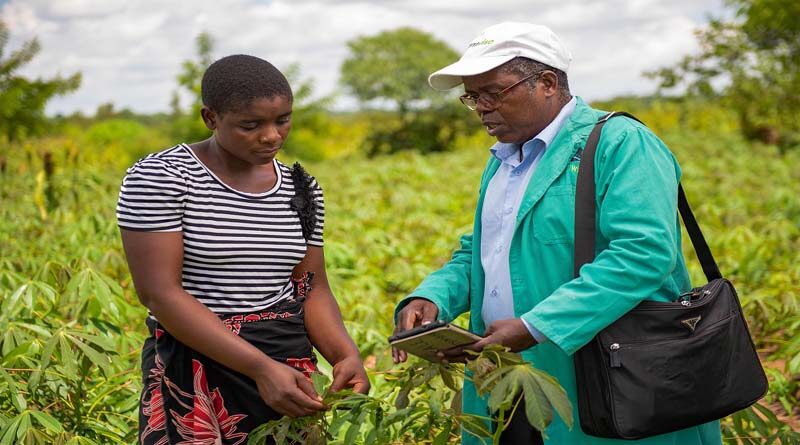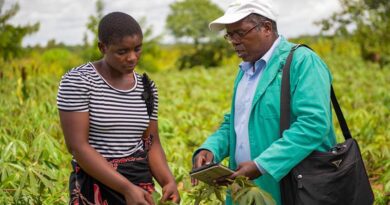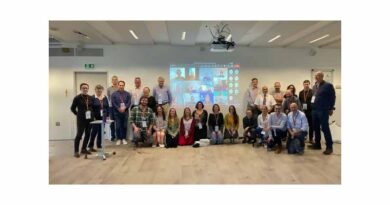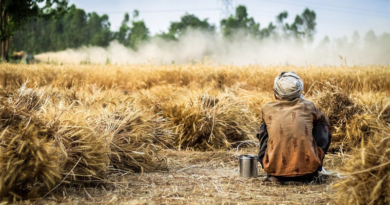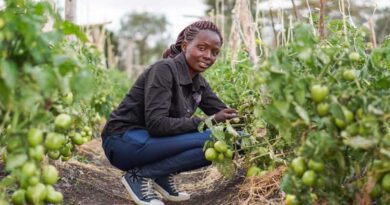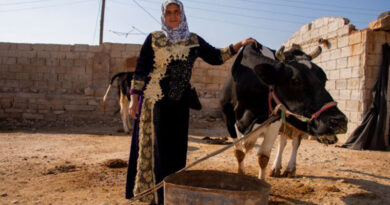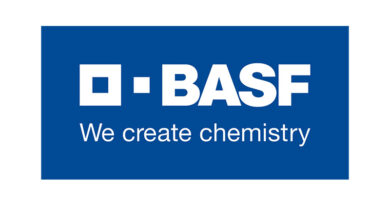CABI and Euphresco network become reciprocal members to bolster global plant health research
06 January 2022, US: CABI and Euphresco have become reciprocal members to share access to their respective networks with a view to facilitating international collaboration, reinforcing plant health research across complementary memberships and helping to ensure greater global food security.
The Euphresco network brings together organizations with different mandates (e.g. research funders, policy makers, regulators and research organizations) interested to collaborate on common plant health priorities. The network covers more than 50 countries in 5 continents, and its secretariat is based at the European and Mediterranean Plant Protection Organization (EPPO) in Paris, France.
The new relationship between CABI and Euphresco means both will have a global insight into what plant health issues are becoming increasingly problematic – particularly in light of climate change – and how these can be mitigated in partnership.
CABI will gain insight on what collaborative projects Euphresco is considering and Euphresco members can work with CABI’s network of countries and the communities that are not represented in Euphresco. The current list of CABI member countries can be found here and Euphresco members can be seen here.
In particular, shared benefits include CABI having the option to indicate what Euphresco projects might benefit from CABI’s involvement and CABI’s member countries will benefit from understanding what transnational plant health research is being undertaken by Euphresco. The arrangement also means that Euphresco projects on quarantine pests that originate in one of CABI’s member countries would benefit from CABI’s abilities to work there in case these are not Euphresco countries. Euphresco members may also work with CABI’s Bioservices for microbial resources that need to become independently stored/conserved and/or diagnosed.
Dr Dennis Rangi, Director General, CABI, said, “Globally, an estimated 40 percent of crops are lost to pests – such as the devastating maize pest fall armyworm and the tomato leaf miner – as well as a range of plant diseases.
“Set against the context of the challenges of climate change and a growing world population expected to reach 10 billion by 2050, the need for more collaboration to help mitigate plant health threats to global food security could not be greater.
“The shared membership between CABI and Euphresco is a step in the right direction that will ultimately benefit not just the millions of farmers within our joint memberships but the world’s population as a whole.”
The reciprocal membership also includes CABI’s increasing portfolio of plant health science information being of benefit to Euphresco members and CABI will, therefore, benefit from greater reach of our published products.
These include the Invasive Species Compendium, the Pest Risk Analysis Tool, Horizon Scanning Tool, Plantwise Knowledge Bank and the CABI BioProtection Portal, the open access journal CABI Agriculture and Bisoscience, our preprint service agriRxiv as well as CABI’s overall products and services portfolio.
Representatives of Euphresco and CABI will participate in each-others’ membership and other events such as the CABI review conference. The next review conference – which takes place in September 2022 – will allow Euphresco to raise awareness of its activities with representatives from CABI’s member countries.
Likewise, Euphresco annual events will allow CABI to raise awareness of its activities with representatives from Euphresco members.
Dr Sylvia Blümel is Chair of Euphresco’s Network Management Group and is a co-author of a recent paper – ‘Science diplomacy for plant health’ published in Nature Plants – which highlights the importance of international research collaboration to tackle pests which cause serious damage to economies.
Dr Blümel said, “The mutual membership will contribute to broaden the coverage of the network(s) and improve collaboration of all the actors in the phytosanitary area. The complementary expertise available within CABI and Euphresco networks means that multidisciplinary research topics could be considered that will allow to address the diversity of challenges that the plant health community faces. Reinforcing the relationship between CABI and Euphresco is another step towards the development of a global network to improve research coordination on regulated and emerging pests.”

